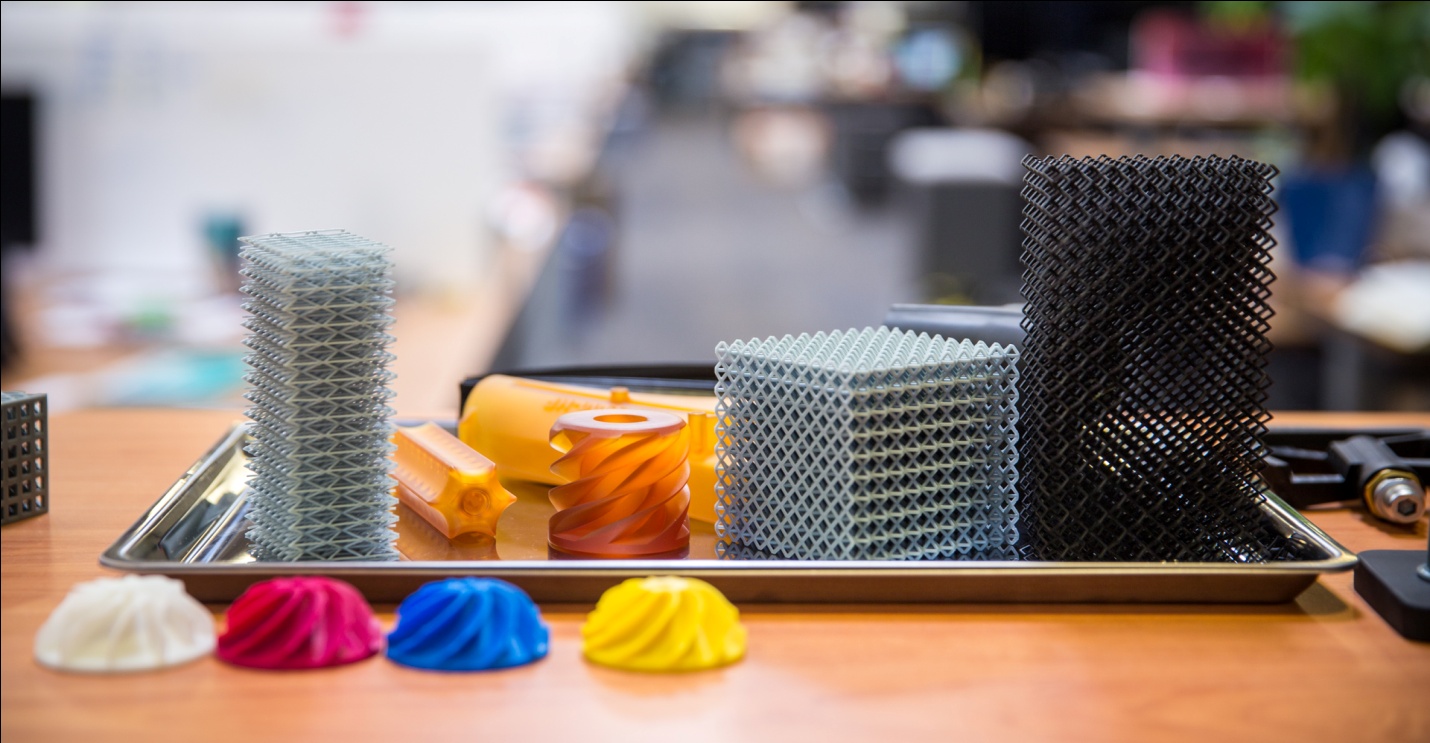
The
continuous improvement and advancements in 3D printing technology are changing
the way businesses approach prototyping and production. As this technology is
becoming more affordable and accessible, 3D printing is being integrated into
workflow across different development cycles. In particular, Stereolithography
(SLA) 3D printing has undergone several critical changes. While traditional SLA
machines are monolithic, cost-prohibitive and require skilled technicians to
operate, modern SLA machines are available as small format desktop printers
that are versatile and produce industrial quality output.
SLA
rapid prototyping has also become very popular in
the industry because it allows manufacturers to produce high-accuracy,
isotropic and watertight prototypes and parts with fine features and smooth
surface finish.
For
people who are new to this technology and wondering what exactly this is, here
we are going to explain it in brief.
What
is Stereolithography?
Stereolithography is a type of additive manufacturing technology known as vat photo polymerization. In short, it is called SLA. SLA machines are also designed on the same principle as other additive manufacturing technology based machines. It uses a light source, usually a laser or projector, to cure a resin into hardened plastic. The main difference between machines is in the arrangement of the core components such as a light source, a build platform and a resin tank.
Now,
let’s check out where this technology is applied to understand what kind of
businesses can benefit from SLA rapid
prototyping services.
Applications
of SLA Rapid Prototyping
SLA
3D printing is promoting innovation and helping businesses belonging to
different industries including engineering, healthcare, dentistry,
manufacturing, jewelry and much more.
Product
Design and Engineering
SLA
rapid prototyping with 3D printing enables and empowers engineers and product
designers to transform their ideas into realistic concepts and concepts to high
fidelity prototypes that seem and function just like final products and guide
products via a series of validation stages for mass production.
Manufacturing
Technology
like SLA allows manufacturers to automate their production processes and
streamline workflow through prototype tooling and 3D printing custom tools,
molds and manufacturing aids. This approach of manufacturers proves to be
highly cost-effective and better lead times when compared with the traditional
manufacturing process. SLA rapid
prototyping also reduces defects while increasing quality, speeding up the
assembly, and optimizing labor effectiveness.
Healthcare
With
the help of SLA 3D printing technology, the healthcare industry can deliver
devices which are customized to serve the requirements of each unique
individual in a better way. Thus, this is also opening doors to high-impact
medical applications while saving a significant amount of time and costs.
Entertainment
One
of the biggest benefits of 3D printing is that it can provide high definition
physical models which are widely used in sculpting, prop making and character
modeling in the entertainment industry.
Jewelry
Nowadays,
jewelry professionals also make use of CAD and 3D printing for rapidly
prototyping complex designs that fit clients’ requirements and then produce a
large batch of ready-to-cast pieces. With the help of digital tools, pieces
with sharp details can be easily designed with consistency without worrying
about messing with wax carving.
For
most of the part, SLA rapid prototyping
services are offered mainly for product designing, engineering and
manufacturing various types of prototypes and moulds with perfection. So,
whenever, you contact service providers, ask for what kind of products they
provide their prototyping services and then proceed accordingly.
















